Introduction
In the realm of culinary traditions and culinary experiments, there often arises a question regarding the safety and suitability of consuming dishes that have undergone extended cooking periods. One such query pertains to silver ear mushroom soup, a delicate and nutritious delicacy often cherished for its gelatinous texture and mild flavor. Silver ear mushrooms, scientifically known as Tremella fuciformis, are renowned for their health benefits, including immune-boosting properties and hydration capabilities. However, the practice of simmering this soup for an exceptionally long duration, such as 12 hours, prompts concerns about its edibility and nutritional integrity. This article delves into the intricacies of preparing silver ear mushroom soup, the effects of prolonged cooking, and whether it is advisable to consume the dish after such an extended period.
Understanding Silver Ear Mushroom Soup
Silver ear mushroom soup, also known as white jelly mushroom soup or snow ear mushroom soup, is a staple in many Asian cuisines, particularly in China. This soup is valued not only for its unique texture but also for its myriad health benefits. The mushrooms themselves are rich in polysaccharides, vitamins, and minerals, making them a powerhouse of nutrition. When cooked, the mushrooms release a gelatinous substance that gives the soup its characteristic texture, often described as silky and smooth.
Preparation of silver ear mushroom soup typically involves soaking the dried mushrooms in water to soften them, followed by boiling or simmering them with other ingredients such as water, sugar, and sometimes additional flavors like ginger or red dates. The cooking process can vary, with some recipes calling for gentle simmering for a few hours to allow the mushrooms to fully release their gelatinous properties.
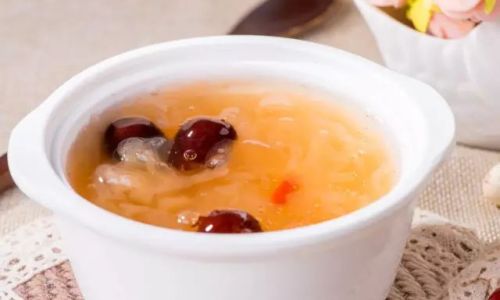
The Impact of Prolonged Cooking
When considering the question of whether silver ear mushroom soup is still safe and desirable to consume after simmering for 12 hours, several factors come into play. These include the nutritional integrity of the soup, the potential formation of harmful compounds, and the overall texture and taste of the dish.
Nutritional Integrity
One of the primary concerns with prolonged cooking is the potential loss of nutrients. While simmering can help extract flavors and soften textures, it can also degrade vitamins and minerals, particularly water-soluble ones. Silver ear mushrooms are rich in polysaccharides, which are relatively stable during cooking, but other nutrients like vitamins C and B vitamins may be more susceptible to heat-related degradation.
However, it’s worth noting that the polysaccharides in silver ear mushrooms are one of their most prized components. These compounds are known for their immune-boosting and hydrating properties. Prolonged cooking may not significantly alter the polysaccharide content but could affect the bioavailability or structure of these nutrients.
Formation of Harmful Compounds
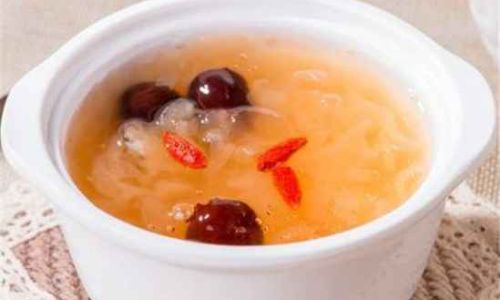
Another critical aspect to consider is the potential formation of harmful compounds during extended cooking. High temperatures and prolonged exposure to heat can lead to the production of compounds such as acrylamide, which is a known carcinogen formed when certain carbohydrates are heated to high temperatures. While the levels of acrylamide formed in cooking are generally low and may not pose immediate health risks, prolonged cooking could increase these levels, albeit modestly.
Moreover, if the cooking process involves the use of aluminum pots or pans, there is a concern about aluminum leaching into the food, especially with acidic or alkaline conditions and prolonged cooking times. Aluminum exposure, while generally safe in small amounts, can accumulate over time and potentially contribute to neurological issues.
Texture and Taste
Beyond nutritional and safety considerations, the texture and taste of the soup are also important factors. Silver ear mushroom soup is renowned for its silky, smooth texture and mild, slightly sweet flavor. Prolonged cooking can significantly alter these sensory attributes. The gelatinous texture may become overly thick or rubbery, and the flavor may intensify to the point of becoming overwhelming or unbalanced.
Practical Considerations
Given these factors, it’s essential to weigh the pros and cons of simmering silver ear mushroom soup for 12 hours. While there may not be immediate health risks associated with consuming the soup, the quality and enjoyment of the dish could be severely compromised.
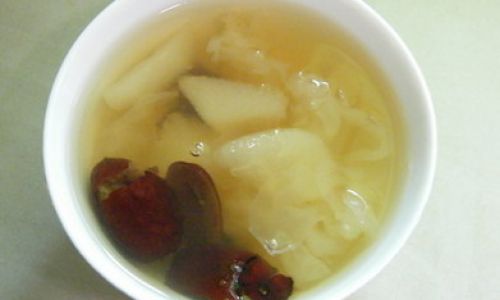
Monitoring Cooking Conditions
If one chooses to simmer the soup for an extended period, it’s crucial to monitor the cooking conditions carefully. Using a slow cooker or a low-heat setting can help maintain a consistent temperature without excessively degrading nutrients or forming harmful compounds. Additionally, using stainless steel or enamel-coated pots can minimize the risk of aluminum leaching into the soup.
Adjusting Cooking Time
Considering the potential drawbacks of prolonged cooking, it may be more prudent to adjust the cooking time to a more reasonable duration. Most recipes for silver ear mushroom soup recommend simmering for 1 to 2 hours, which is generally sufficient to extract the mushrooms’ gelatinous properties and create a pleasant texture and flavor.
Adding Flavor and Nutrients
To enhance the nutritional profile and flavor of the soup without overcooking, consider adding other ingredients that can complement the mushrooms. For instance, incorporating fresh fruits like apples or pears can add natural sweetness and vitamins. Similarly, spices like cinnamon or vanilla can provide warmth and depth without overpowering the mushrooms’ delicate flavor.
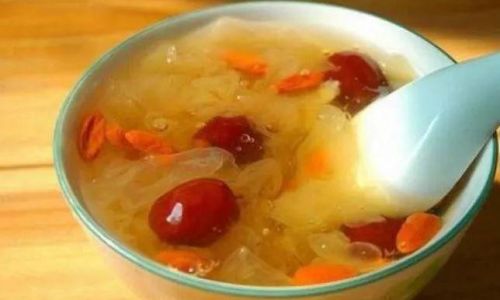
Conclusion
In conclusion, while it is technically possible to consume silver ear mushroom soup after simmering for 12 hours, the question of whether it is advisable depends on several factors. Prolonged cooking can degrade nutrients, alter the texture and flavor of the soup, and potentially increase the formation of harmful compounds. While the immediate health risks may be minimal, the overall quality and enjoyment of the dish are likely to suffer.
Therefore, it is recommended to adhere to more traditional cooking times for silver ear mushroom soup, typically ranging from 1 to 2 hours. This approach ensures that the soup retains its nutritional integrity, pleasant texture, and delicate flavor. By carefully monitoring cooking conditions and incorporating complementary ingredients, one can create a nutritious and delicious silver ear mushroom soup without the drawbacks associated with prolonged cooking.
In the broader context of culinary practices, it’s always prudent to strike a balance between tradition and innovation. While experimenting with cooking times and techniques can yield interesting results, it’s essential to consider the potential impact on the dish’s nutritional value, safety, and overall appeal. By doing so, one can enjoy the culinary benefits of silver ear mushroom soup while safeguarding its nutritional integrity and sensory pleasure.
Ultimately, the decision to consume silver ear mushroom soup after simmering for 12 hours is a personal one. However, with a thorough understanding of the potential consequences of prolonged cooking, one can make an informed choice that aligns with their culinary preferences and health concerns.
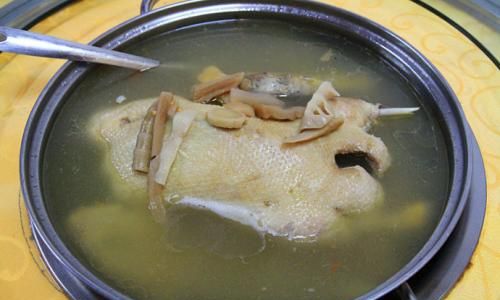
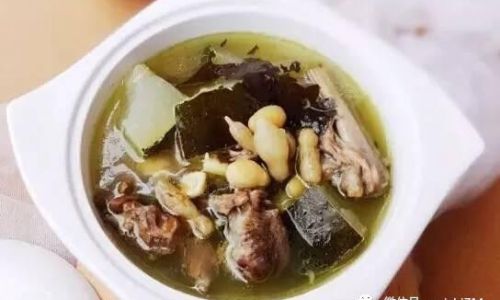

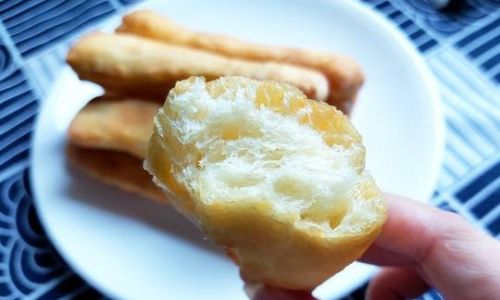
0 comments